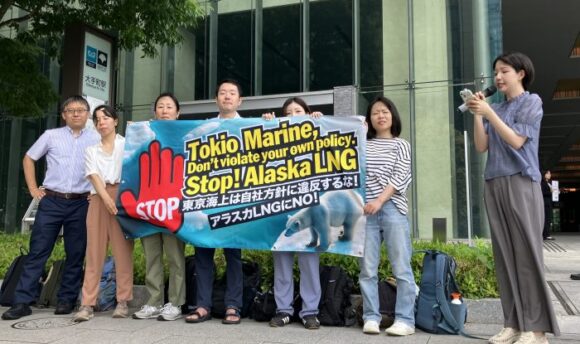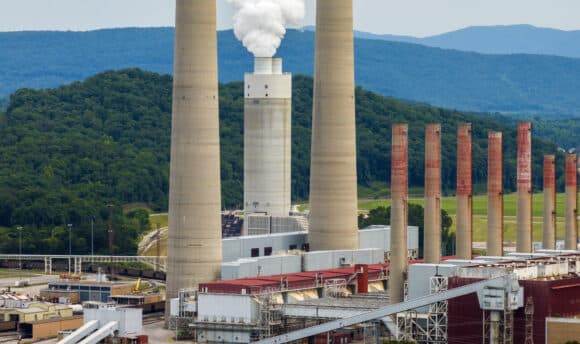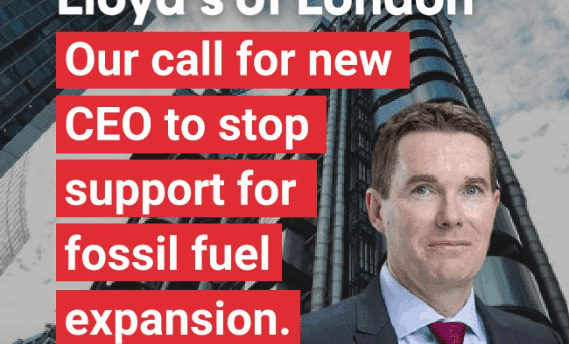On the occasion of the Annual General Meetings (AGM) of Hannover Re (4 May) and its parent company Talanx (5 May), the environmental organisation urgewald, together with Dachverband der Kritischen Aktionär*innen (an association of critical shareholders), is calling on Talanx to take ambitious climate action.
Talanx subsidiary Hannover Re announced in March that it would exclude facultative reinsurance for exploration and/or development of new oil and gas reserves (upstream) and for project policies that exclusively support the transportation and storage (midstream) of new oil and gas reserves from mid-2022.
Just last Friday Allianz, one of the world’s largest oil and gas insurers, and one of Talanx’s peers announced that it will no longer invest in or insure new oil and gas fields, new oil power plants, new midstream oil infrastructure as of January 2023.
Talanx lags behind Hannover Re, Allianz and other leading insurers who have also committed to restrict or end insurance for new oil and gas projects. In his AGM presentation‘s slide on sustainability, Talanx CEO Torsten Leue only refers to old measures, such as exclusions on thermal coal and oil sands. Talanx meanwhile continues to publicly advertise its expertise as an insurer of onshore and offshore fossil fuel extraction. Additionally, in the results of urgewald research on LNG terminals, Talanx subsidiary HDI Global was involved in the insurance of the Dunkirk and Zeebrugge LNG terminals.
“Talanx must urgently adopt an ambitious oil and gas exit policy that excludes the exploration and development of new oil and gas projects. Talanx group subsidiary Hannover Re has already recently shown how it can be done, now Talanx must follow its lead,” comments Regine Richter, insurance campaigner at urgewald.
Richter also criticises Talanx’s climate targets related to investments. “A 30 percent reduction by 2025 sounds good at first, but if the measure is CO2 intensity, then rising energy prices automatically lead to a reduction without any real carbon dioxide being saved,” says Richter. This is because CO2 intensity is measured as CO2 emissions in relation to the value of the portfolio.
For both Talanx and Hannover Re, urgewald, together with critical shareholders, is also calling for a quicker coal phase-out in countermotions. Both companies have committed to having no more coal mines and power plants in their insurance portfolios by 2038. However, 2038 is not in line with climate science, which calls for a coal phase-out by 2030 at the latest for the EU and OECD countries and by 2040 for the rest of the world.



